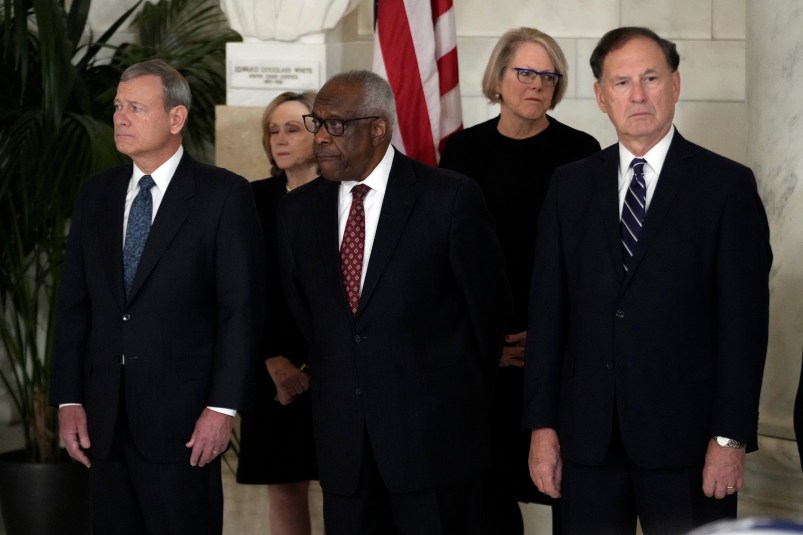Printing some responses from readers to my post from yesterday about the slippery politics of MMT. From TPM Reader PJ …
I read with interest your thoughts on MMT, and am in the kind of academic circles where people will give talks where they think about and discuss MMT as part of some suite of solutions to the excesses or problems of late capitalism (or even straight up liberalism, in the conventional sense). I think perhaps both you and Matt are focusing too much on the practicalities of MMT rather than its rhetorical function, though there might be reasons to maintain the skepticism, there’s another possibility about policy facilitation therein.
I might consider it in parallel with supply-side economics as a device utilized by the Right. Was supply-side economics out of joint with the conventional economics of the post-war political and economic systems? Absolutely. Did its lack of relationship to reality doom it politically? Not at all. It enforced its (from the standpoint of the system) incoherent demands for quite some time, and continued to flex those muscles with the last big GOP tax cut. What was coherent was its ability to unite a set of groups around a theory which had institutional backing, ‘expert’ support, and all the other scaffolding that tend to be the markets of policy relevance: think here of how Heritage and AEI came up to ape Brookings and so forth in the second half of the twentieth century.
I think many MMT advocates are perhaps aware that it struggles to be reality-relevant in the way you are describing, but consider themselves to be facing two competing theories: one is the zombie body of supply-side, itself disconnected from reality. The other theory is more like conventional liberal economic theory, and with the scale of problems we face in terms of inequality but, especially, perhaps with respect to climate change, there’s no getting away from the fact that we will have to actively choose to inhibit our economic growth in the near to medium term for there to be a future that includes any prospect for economic growth. If conventional economics is tied to reality, it is by any definition one where catastrophe is written in the stars if we continue to prioritize GDP as a public good above others, albeit in the shambolic fashion wherein we can’t really think in the long term.
So, I think MMT is kind of like a magic phrase, one that if repeated enough and given scaffolding, could ultimately animate a series of progressive policy decisions that are necessary. The theory itself might be unrealistic and unworkable, but there is a way of considering how the Right succeeded by making a bunch of realistic and unworkable demands repeatedly and insistently. This is a very long game, but I would not count it out as a working theory for what the theory represents.






